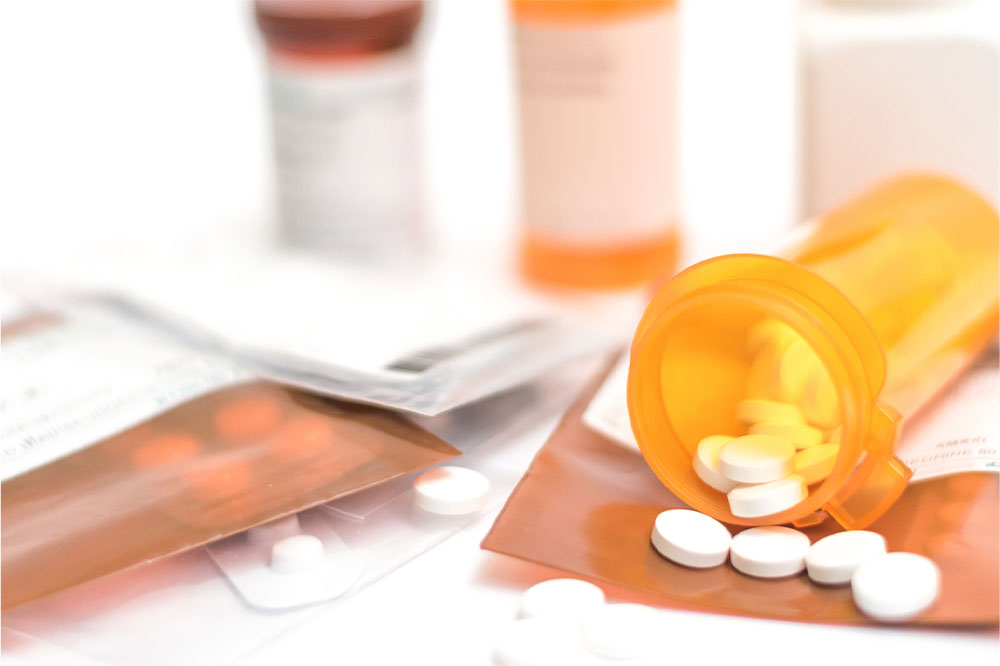Key differences between drugs and medicines
People may drugs and medications interchangeably to indicate medicines. Have you ever wondered if there is a difference? While the two terms could overlap, they differ based on their purpose. Specifically, drugs may have positive or negative effects, however, they may suppress or temporarily relieve certain symptoms. Medicines are intended to cure a disease or ailment. So, here is all you need to know about the two products and what to expect from them.
What are drugs?
A substance that has a physiological impact on the body is known as a drug. It can be ingested or otherwise introduced into the body.

What are medicines?
Medicine is a substance that helps relieve pain or treat a disorder. It is usually manufactured in the form of a liquid or pill. Medicines are intended to impact one’s health positively. Generally, medicine does not come with negative connotations like drugs.
Drugs vs. medicines
Here are the key differences between drugs and medicines based on the following factors:
Etymology: The word drug comes from the Greek word of the same meaning—“pharmacon”. On the other hand, “medicine” is derived from the Latin word “medicus,” which means “a physician.”
Active pharmaceutical ingredients (API): While drugs are API, medicines usually consist of different components. In addition to the active ingredient, medicines also contain excipients that assist in the formulation.
Dosage form: Drugs do not have suitable doses or dosage forms, but medicines have appropriate dosage forms like pills, tablets, or syrup.
Usage: Drugs are usually not recommended to be consumed directly for treatment, whereas medicine is used for treatment.
Source: Medication is derived from a drug with or without an excipient, whereas the source of drugs is microorganisms, semisynthetic and synthetic sources, minerals, animals, plants, and recombinant DNA technology.
However, the concepts are overlapping and interlinked as all medicines are drugs, but not all drugs are medicines.
Categorization of drugs
Physicians may recommend various types of drugs, and each drug affects people in different ways. Regardless, drugs may be classified or categorized as per shared effects or symptomatologies. Here are the various categories of drugs:
Stimulants: These speed up the body’s nervous system and increase one’s energy. They are also known as “uppers” because of their ability to make you feel awake and alert.
Depressants : Unlike stimulants, these drugs slow down brain and body operations. They are also known as “downers”.
Hallucinogens: These substances alter your sense of reality, meaning they can cause hallucinations. People may experience distortion in cognition, and so how they feel, smell, taste, hear, or see changes momentarily. Some prevalent hallucinogens are MDMA, psilocybin, peyote, and LSD.
Opioids: These are one of the most addictive kinds of drugs. Opioids are strong painkillers that produce a sense of euphoria.
Dissociative anesthetics : These drugs stop the pain by dissociating or cutting off the brain’s pain perception.
Inhalants : These substances are huffed or sniffed for immediate results. The abuse of inhalants can significant negative effects on the brain.
Narcotic analgesics: Their consumption can result in mood changes and may also induce euphoria and relieve pain.
Types of medicines
Here are the broad categories of different kinds of medicines:
Over-the-counter (OTC) medicines: These are medicines people buy at grocery or convenience stores and pharmacies. One does not need a prescription to get them. Some prevalent OTCs include antacids, laxatives, pain relievers, cold, cough, and allergy medicines. These products can provide relief from multiple symptoms and can help treat minor health problems. So, if one’s symptoms do not improve after a few days of medicine consumption, they should consult a doctor for other medication.
Prescription medicines: These products may be recommended to help reduce elevated blood pressure, clean a sinus or ear infection, and manage or treat potentially life-threatening and chronic conditions like cancer, heart disease, asthma, and diabetes. Such medicines require a prescription from the doctor or any other licensed health care provider. However, it is important to use them exactly as prescribed and directed by the doctor.
Complementary medicines: Also known as alternative or traditional medicines, complementary medicines include mineral, vitamin, homeopathic, and aromatherapy products. People can usually get them without a prescription.
As opposed to drugs, medications are usually not habit-forming. People receive prescriptions for medicines to cure specific illnesses, whereas drugs are stimulants, energizers, or opiates that can be highly addictive.

